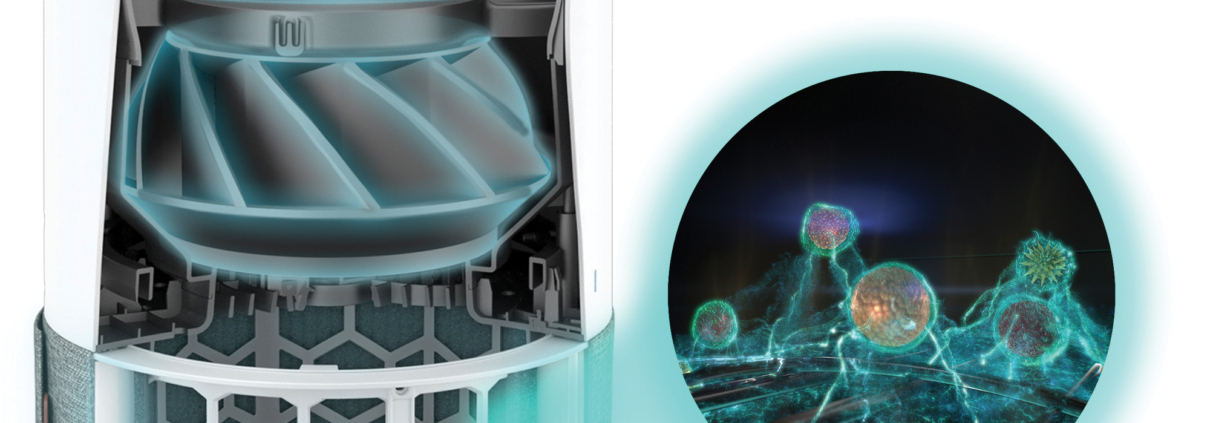Air Purifier Guide: What You Need to Know
If you’ve never used an air purifier before, you might be wondering – do they work? And are they right for you?
So we put together this short air purifier guide, to answer some of the most common questions you might ask when choosing your first air purifier.
What Do Air Purifiers Do?
Air purifiers cycle the air in a room, removing any potentially harmful particles as they do so. They use a series of filters to capture airborne particles as small as 0.1 micron. Good air purifiers use high-efficiency particulate air filters (HEPA filters) to trap around 99.97% of all airborne particles in a room.
Good air purifiers work quickly and efficiently. For example, the Blueair air purifier has a Clean Air Delivery Rate (CADR) that will completely filter the air in a room 4.8 times an hour. And on its lowest setting, it uses less energy than a small lightbulb.
The Benefits of Air Purifiers
Air purifiers can help to relieve the symptoms of hay fever and other allergies, as well as removing hazardous and toxic air pollutants. They can also trap and kill viruses and bacteria carried through the air.
HEPA filters can catch many potentially harmful particles in the room, including:
- Dust
- Pollen
- Mould
- Pet dander
- Volatile Organic Compounds (VOCs)
So if you suffer from asthma, hayfever, or any kind of pet allergies, air purifiers can help you manage your symptoms. You can breathe easier and sleep better.
Air purifiers can also capture certain hazardous and toxic air pollutants, including particulate matter from car exhausts. So if you live or work nearby a busy main road, air purifiers can help lessen the impact of air pollution.
Finally, air purifiers can trap viruses and bacteria. And when bacteria and viruses are trapped in a HEPA filter, they can no longer reproduce. This means that air purifiers don’t just trap viruses and bacteria – they also kill them.
It’s for this reason that air purifiers play a huge role in infection control in hospitals and healthcare settings.
Air Purifier Maintenance
Air purifiers require regular maintenance to keep them working at their best. Over time, the HEPA filter will get clogged, making it less effective at cycling air and trapping particles.
You should change the HEPA filter in domestic air purifiers at least once every two years. But in a commercial or healthcare setting, you need to change the HEPA filter a lot more frequently – every six months or so.
It all depends on the size of your air purifier and how often you run it. And in a commercial or healthcare setting, there may be certain air quality regulations you need to meet that’ll specify how often you should maintain your air purifiers.
You can read our complete guide to air purifier maintenance here.
Which Air Purifier is Right For You?
If you’re looking for an air purifier for a commercial setting, we’re here to help. We specialise in industrial air purification for healthcare. But we can also advise you on air purification solutions for schools, universities, offices, and other workplaces.



